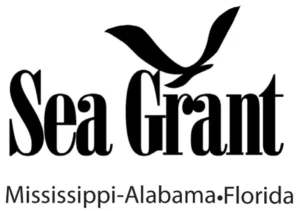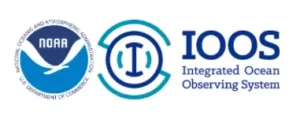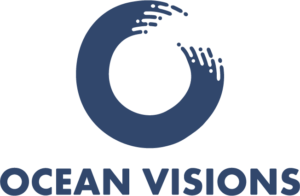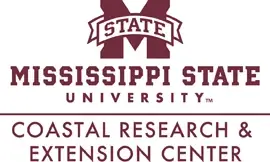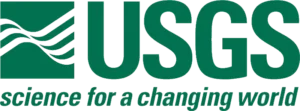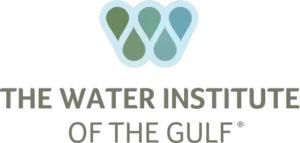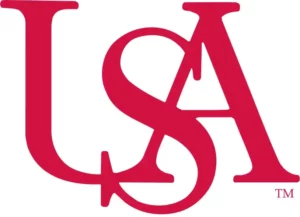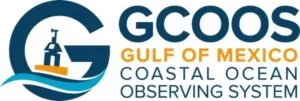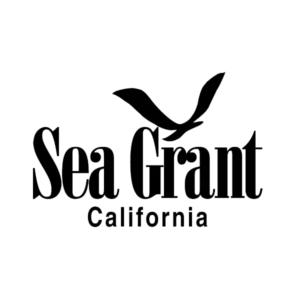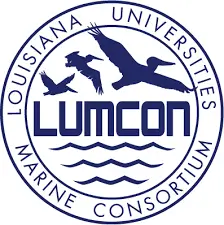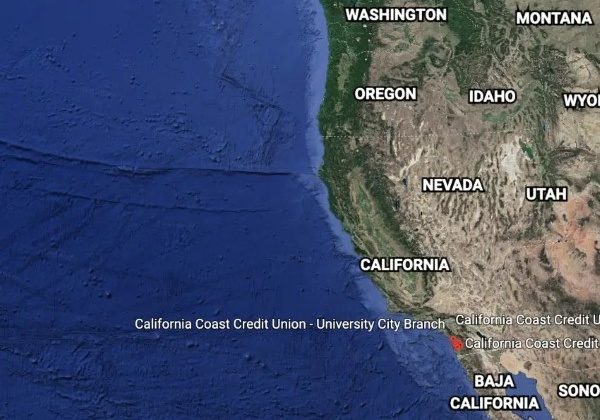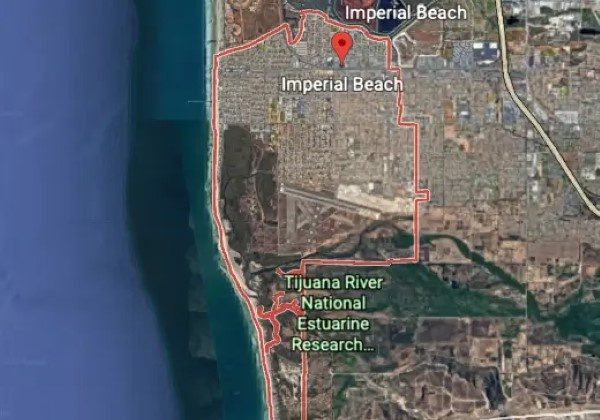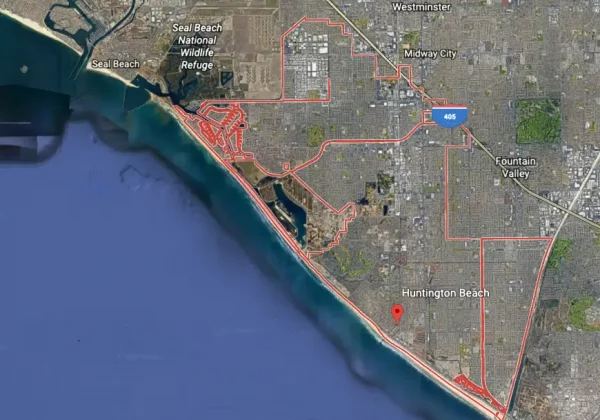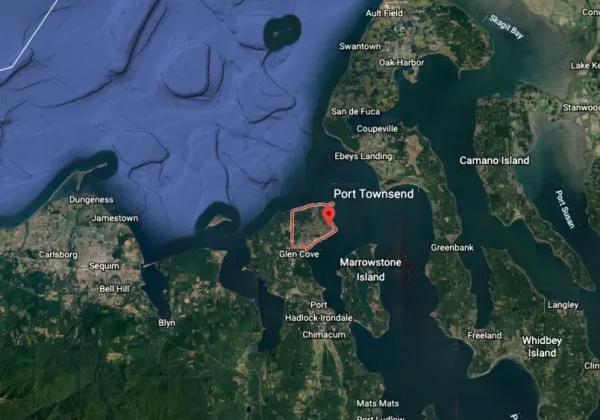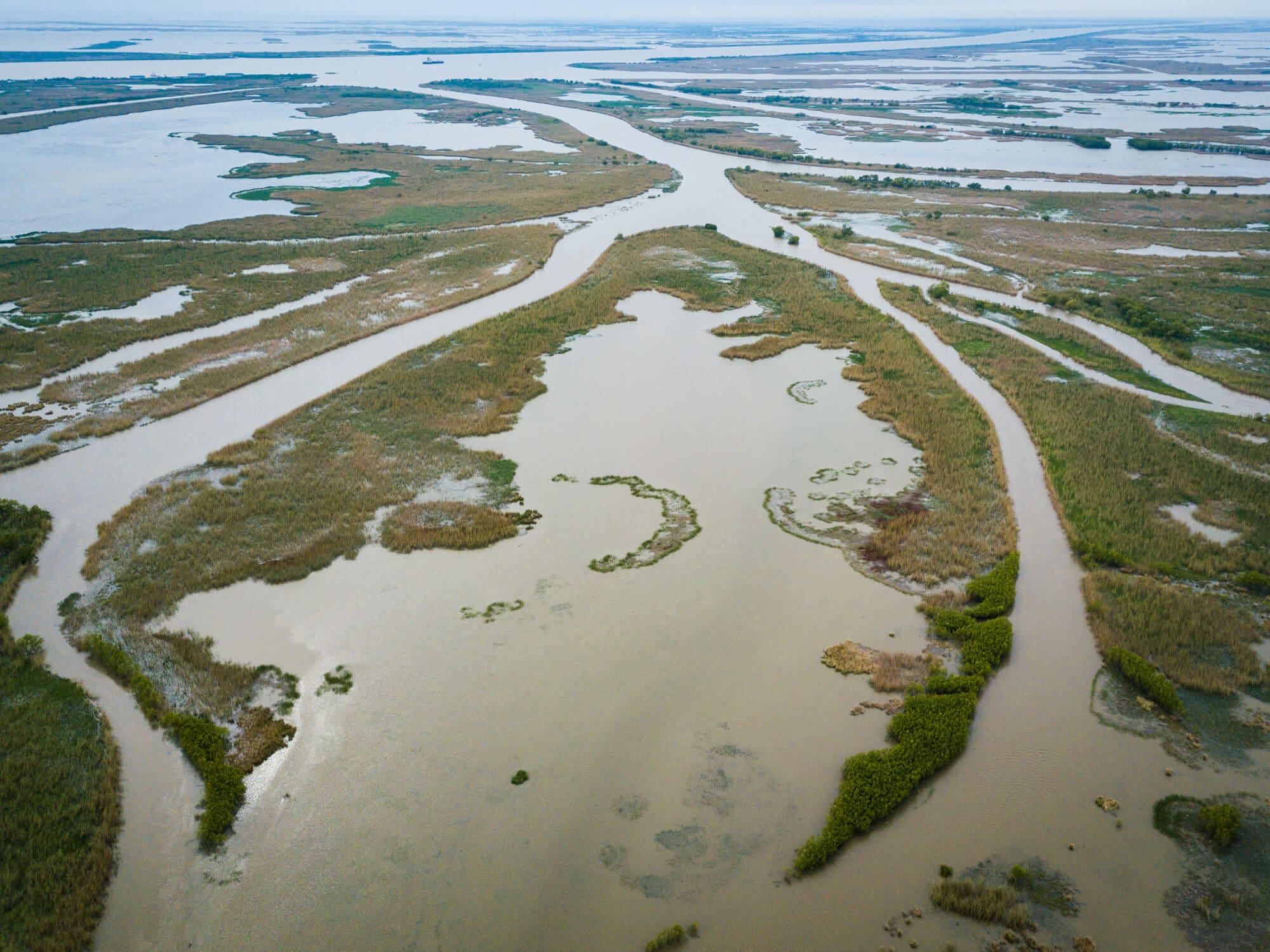
US Gulf Coast Coastal Solutions 2021
Coastal Flood Modeling, Prediction and Observations for the U.S. Gulf Coast
April 27, 2021: 9:00am – 12:30pm CT April 28, 2021: 9:00am – 12:30pm CT
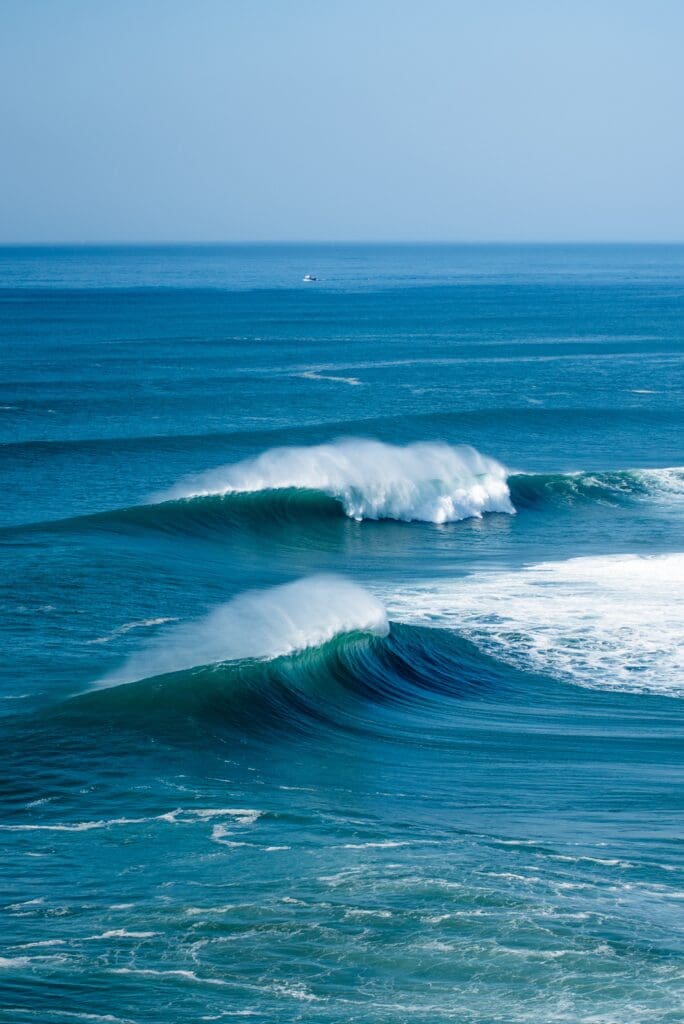
GOALS
Compile and characterize
a set of ongoing coastal solutions projects that actively engage stakeholders at the city, county, and/or state level to co-design and deploy observing and modeling frameworks for coastal inundation and change along U.S. Coasts. SESSION 1
Review and synthesize stakeholder needs
to help identify a set of core services (data collection and modeling/predictions) and solutions platforms (e.g. visualization and mobile app, community participatory processes, etc.) that are shared across regions while recognizing the unique characteristics and associated needs of individual communities. SESSION 2
Identify the highest priority
(cross-cutting) short-term (6mos-1yr) and long-term (3-5yrs) research tasks that support the creation of core services that meet stakeholder needs. SESSION 2
Establish a roadmap for engaging the stakeholder
community through subsequent workshops or listening sessions to improve integration and collaboration among west coast observing and modeling entities with the aim of enhancing stakeholder services. SESSION 2
OPENING REMARKS
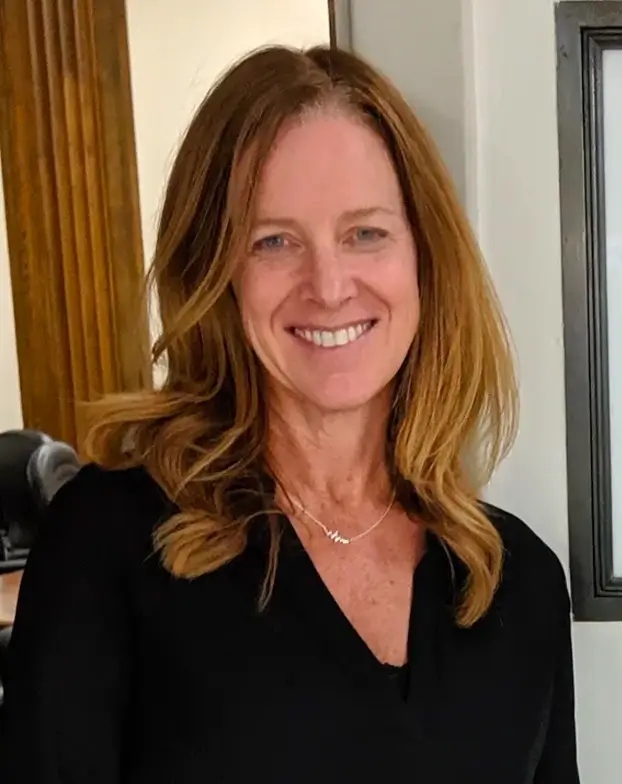
Hilary Stockdon
USCRP Co-Executive Director & Science Advisor
USGS Coastal Marine Hazards & Resources Program
AGENDA & SESSIONS
DAY ONE (3-4 hours)
SESSION 1 : Landscape of Efforts in Coastal Flooding Monitoring and Prediction
Compile and characterize a set of ongoing coastal solutions projects that actively engage stakeholders at the city, county, and/or state level to co-design and deploy observing and modeling frameworks for coastal inundation and coastal change along U.S. Coasts
Session content:
Case studies of ongoing efforts or projects that actively engage stakeholders at the city, county, and/or state level in co-designing and deploying observing and modeling frameworks for coastal flooding along the US Coasts.
Session format:
Presentations submitted ahead of time and will be available online; however, not all will be selected for “live” presentation. Selected authors will be available during the session to answer follow-up questions. Final close out will include a recap of common themes across the presentations around best practices and lessons learned and prime for the discussions on Day Two
DAY TWO (3-4 hours)
SESSION 2 : Core Services and Solution Needs to Support Coastal Stakeholders
Identify the highest priority (cross-cutting) short-term (6 mo-1 yr) and long-term (3-5 years) research tasks that support the creation of core services that meet stakeholder needs to be further refined in collaboration with stakeholders.
Session content:
Case studies of ongoing efforts or projects that actively engage stakeholders at the city, county, and/or state level in co-designing and deploying observing and modeling frameworks for coastal flooding along the US Coasts.
What are key initiatives that you are involved in for coastal flooding with stakeholders?
What are products and services that you see are most critical?
What is your overall plan for the future development of core services and solution platforms?
What type of integration across ongoing efforts would be most useful?
How do you consider the needs of underserved and under resourced communities?
Breakout groups:
to identify needs across the core services and solutions platforms, and include a focus on each of how environmental justice and equity are involved in each of these.
Co-designing coastal observing networks with coastal communities
Coastal earth system models for analyses and prediction
Data visualization portal and mobile apps
Analyses & planning tools
Community participatory research or action plans
Ensuring core services and solutions reach underserved and under resourced communities
OUTPUTS
- Video presentations of all submissions will be collected on a website to feature success stories and lessons learned of coastal flooding solutions projects that are co-designing and deploying coastal solutions with stakeholders.
- Landscape summary/synthesis paper entitled Towards Integrated Solutions for Coastal Flooding Monitoring & Prediction in the US for BAMS. All willing contributors to be included as co-authors.
- “Perspective” piece (or similar) targeted to a high-impact journal, highlighting the purpose and scope of this area of research.
- Living e-report on Transferring Knowledge into Action with Coastal Stakeholders to inform local stakeholders and coastal research communities.
- A white paper on Co-Designing a Coastal Observing Networks with Coastal Communities that can inform decision-makers and coastal programs at NOAA and other agencies.
- Draft plan for developing a Task Force to be officially launched at the 2021 Ocean Visions Summit in the theme session on Solutions for Sea Level Change and Flooding in Coastal Communities.
SUBMITTED PROJECTS & CASE STUDIES
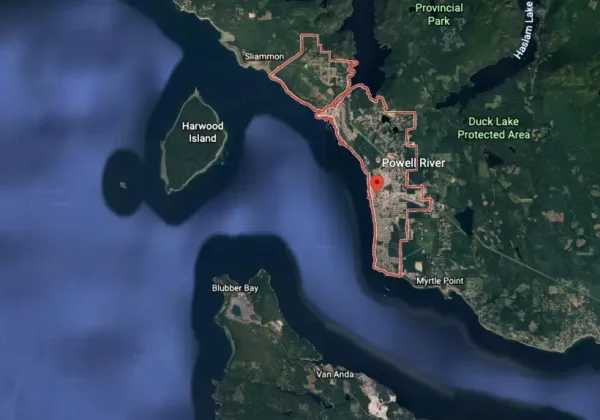
The WRF-Hydro Based Water Model Development For Coastal Flood Simulation
April 14, 2021 Mobile, Gulf of Mexico
- Davina Passeri : dpasseri@usgs.gov
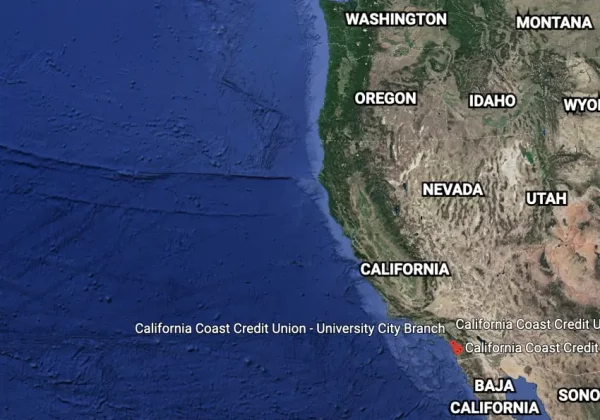
High-resolution (2 m) 3-D Mapping for Habitat, Biodiversity, and Flood Hazard Assessments of Coastal and Wetland Areas of the Southern US from Florida to Texas (3D Wetlands Spoke)
April 21, 2021 US Gulf of Mexico wetlands, Florida, Alabama, Mississippi, Louisiana, Texas
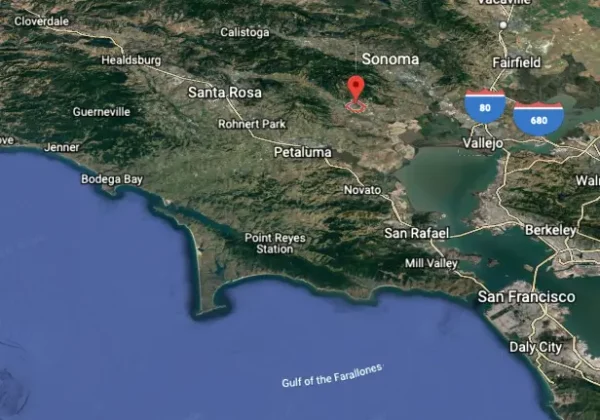

A coupled flooding modeling framework for assessing infrastructure resilience along Southeast Texas Coast
April 1, 2021 Southeast Texas, Jefferson and Orange Counties
- Yu Zhang : yu.zhang@uta.edu



Communicating the Socio-Economic Impacts of Storm Surge Flood Plains under the Coastal Dynamics of Sea-Level Rise in the Northern Gulf of Mexico
April 3, 2021 Coastal counties of Northern Gulf of Mexico: Hancock, Harrison, Jackson MS; Mobile and Baldwin, AL; Escambia, Santa Rosa, Okaloosa, Walton, Bay, Gulf, Franklin, Wakulla, Jefferson, Taylor, FL.
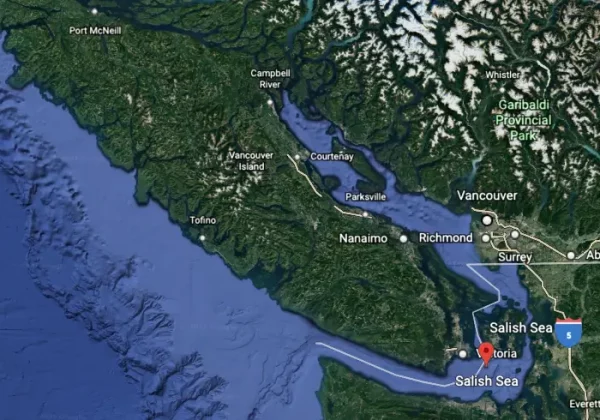

USGS Forecasts of Total Water Level and Coastal Change Hazards along the U.S. Gulf Coast
April 2, 2021 Sandy open-ocean coastlines along the Gulf of Mexico
- Kara Doran : kdoran@usgs.gov
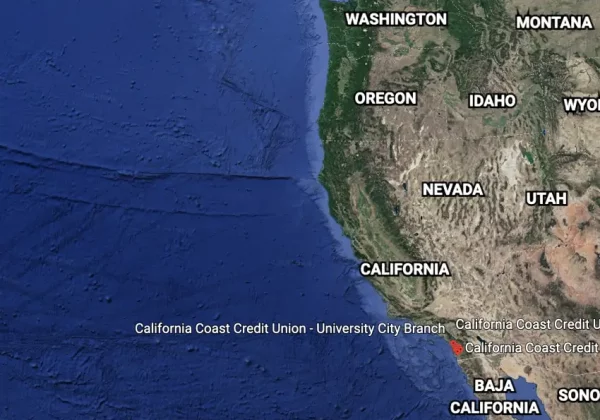

Engaging Stakeholders and Exploring the Effects of Sea-Level Rise in the Northern Gulf of Mexico
April 30, 2021 Coastal Mississippi, Alabama, and Northwest Florida
ORGANIZING COMMITTEE
Jill M Gambill, Sea Grant, University of Georgia
Cayla Dean, NOAA
Davina Passeri, USGS
Stephanie Smallegan, University of South Alabama
Barb Kirkpatrick, GCOOS
Debra Hernandez, SECOORA
Christopher Esposito, The Water Insitute of the Gulf
Gary Mitchum, University of South Florida
Alex Kolker, LUMCON
Carey Schafer, NAS and Mississippi State University
Laura Engeman, Sea Grant, Scripps Institution of Oceanogrpahy
Emanuele Di Lorenzo, Georgia Tech & Ocean Visions
Co-Sponsored and Organized by
